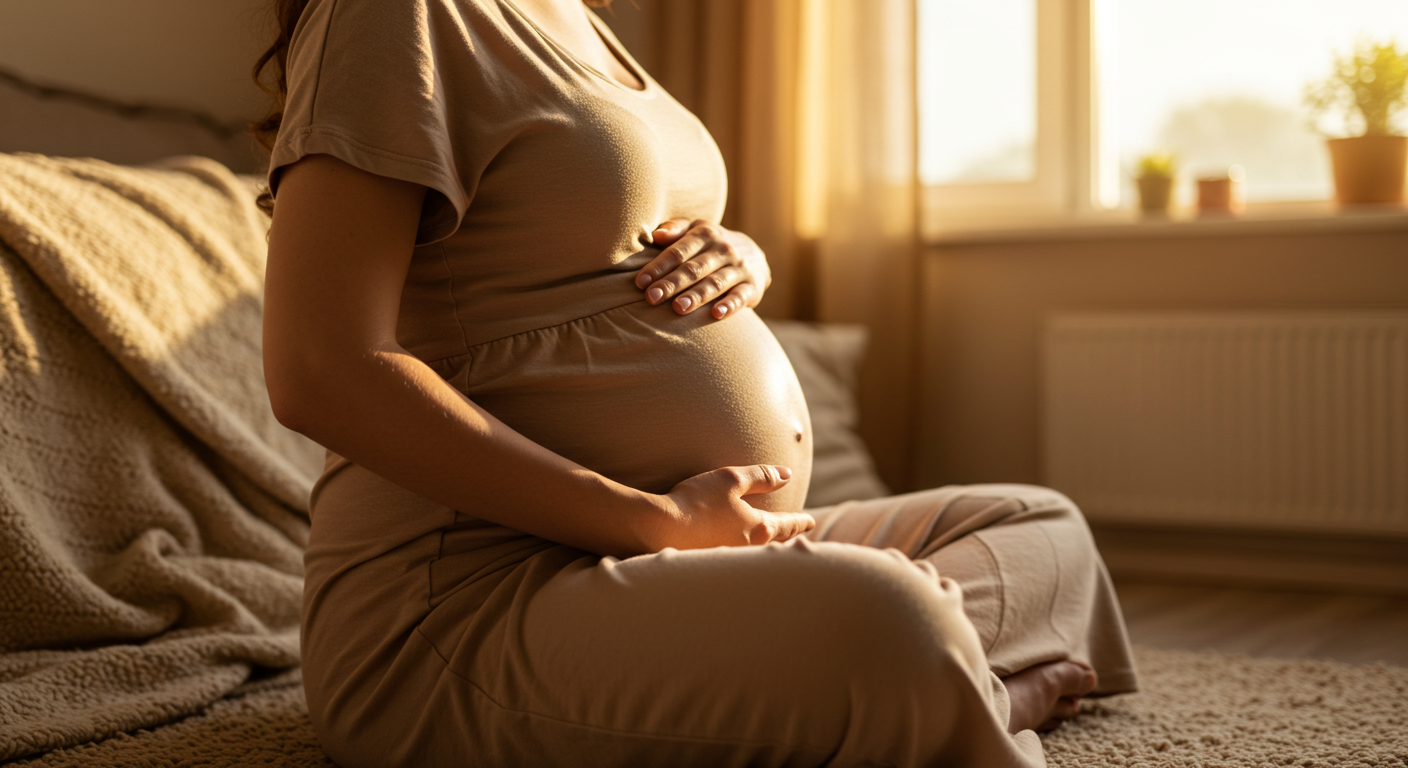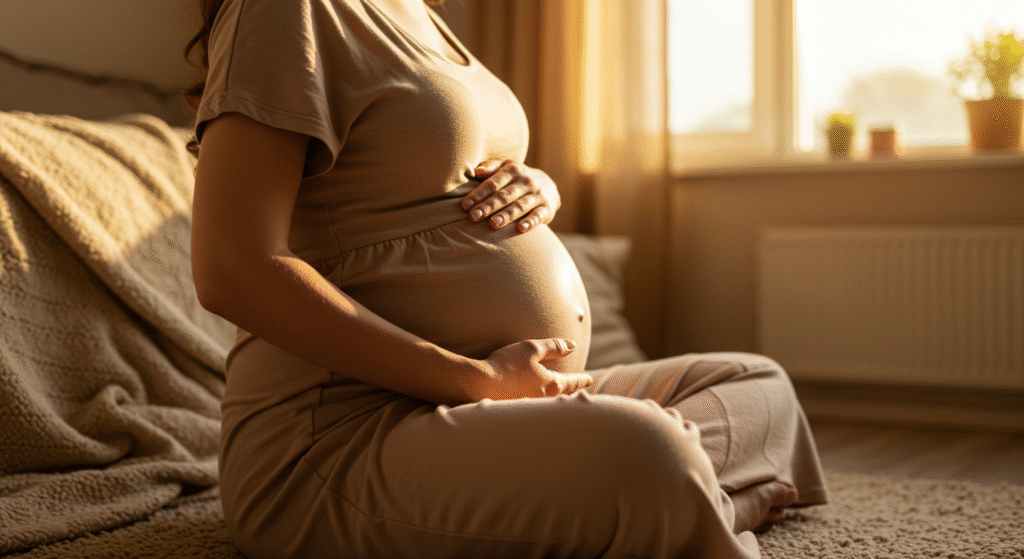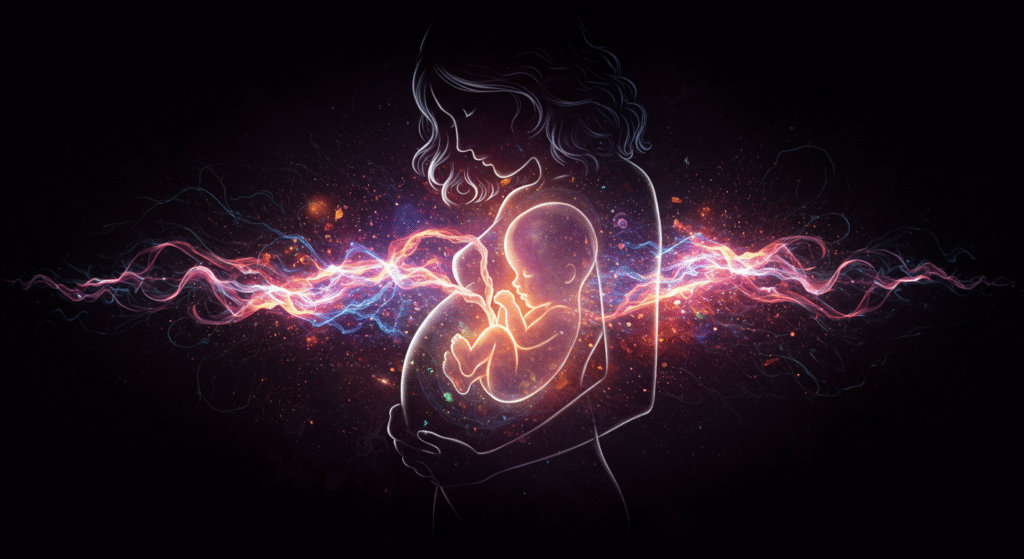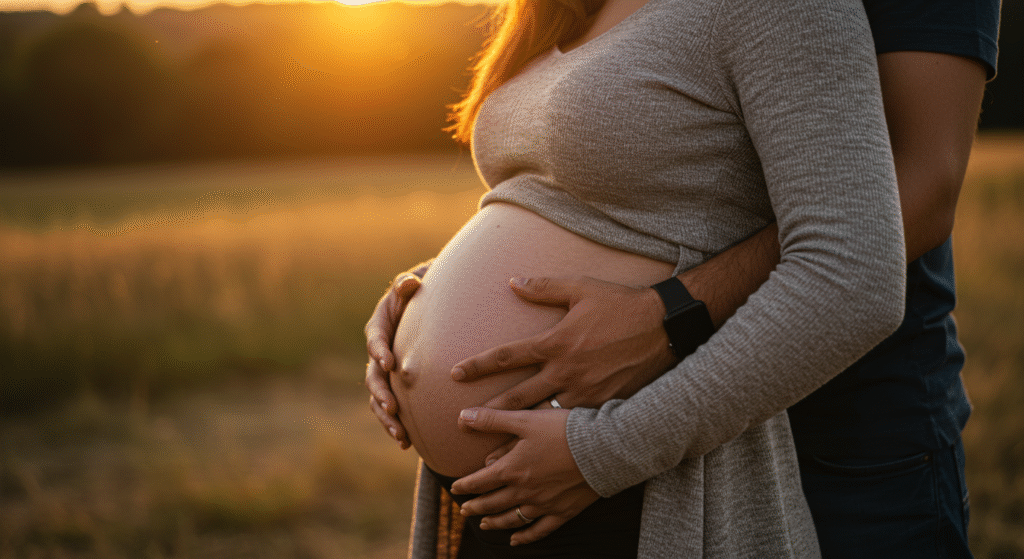
How to Protect Your Mental Health and Your Baby’s Well-Being
Pregnancy is one of the most transformative journeys in a woman’s life. While most people focus on physical health, it’s equally important to recognize the impact of emotions during pregnancy. A mother’s mental health can directly affect her own well-being and her baby’s development. Understanding this connection — and learning how to protect both mental and emotional health — is essential for a healthy pregnancy

Why Emotional Health Matters in Pregnancy
Emotional health during pregnancy is not just about feeling good; it’s about creating a stable environment for both mother and baby. Stress, anxiety, and unresolved emotions can lead to hormonal imbalances, which may affect fetal growth and even influence the baby’s long-term health. Moreover, chronic stress has been linked to premature birth, low birth weight, and complications during labor.
On the other hand, positive emotions such as joy, love, and calmness release beneficial hormones like oxytocin, which support healthy bonding and development. Therefore, managing emotional well-being should be seen as a core part of prenatal care.

Common Emotional Challenges Expecting Mothers Face
During pregnancy, it’s natural to experience mood swings due to hormonal changes. However, many women also face deeper emotional challenges, such as:
- Anxiety about childbirth and motherhood
- Fear of health complications
- Body image concerns
- Relationship or financial stress
Acknowledging these emotions is the first step to preventing them from escalating into more serious issues, such as prenatal depression.

How Emotions Affect the Baby
Science shows that a baby is highly sensitive to the mother’s emotional state. Stress hormones, like cortisol, can cross the placenta and impact fetal brain development. As a result, babies of highly stressed mothers may show greater irritability after birth or have difficulty with sleep and feeding.
On the positive side, when mothers practice relaxation techniques, meditate, or experience emotional support, the baby also benefits. A calmer womb environment contributes to healthy nervous system development and prepares the baby for a smoother transition after birth.

Practical Ways to Protect Mental Health During Pregnancy
Thankfully, there are proven strategies that help mothers protect their emotional well-being and, in turn, safeguard their baby’s health:
- Practice mindfulness and relaxation – Meditation, yoga, and deep breathing exercises reduce stress and promote calmness.
- Seek emotional support – Talking openly with a partner, friends, or a therapist helps process emotions.
- Maintain a balanced lifestyle – Nutritious food, gentle physical activity, and adequate sleep support both body and mind.
- Limit exposure to stressors – Reducing workload, avoiding negative environments, and setting boundaries protect emotional stability.
- Educate yourself – Reading about pregnancy and childbirth can reduce fear and empower decision-making.

Final Thoughts
The impact of emotions during pregnancy cannot be underestimated. A healthy emotional state supports not only the mother’s well-being but also the baby’s growth and development. By prioritizing mental health through mindfulness, support systems, and lifestyle balance, expecting mothers can create the best possible environment for their child.
